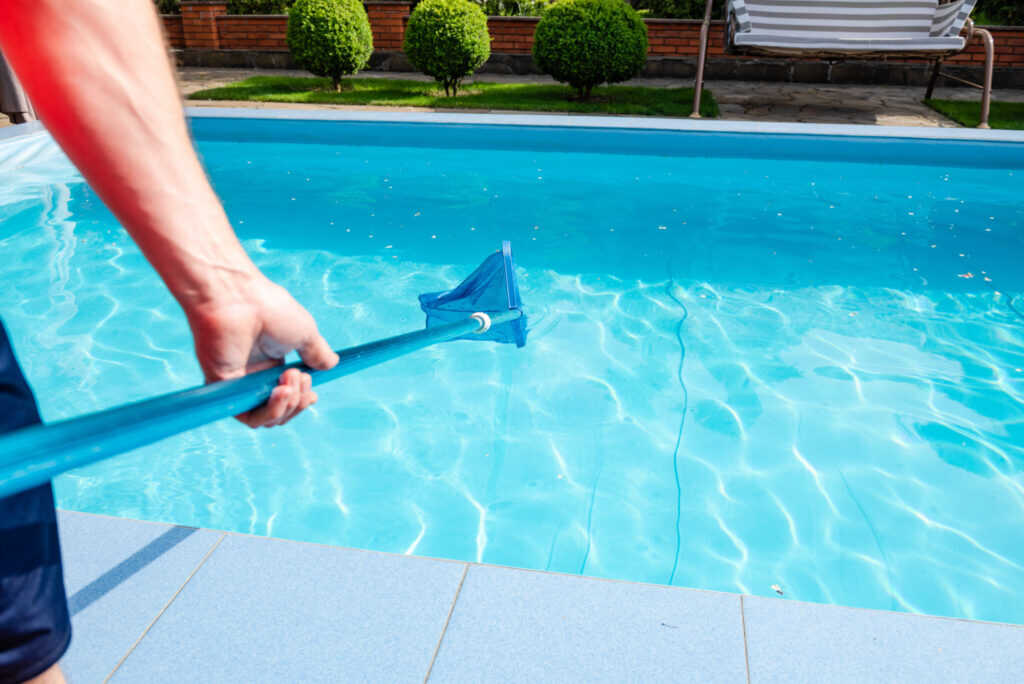Are Pool Routes in Texas Recession-Proof?
The pool service industry often piques interest due to its recurring revenue model and relatively stable demand. However, when considering investing in a pool route, especially in Texas, it’s crucial to understand how economic downturns can impact this niche market. In this post, we will delve into whether pool routes in Texas are recession-proof, discussing industry resilience, profitability, and what factors contribute to stability in challenging economic times.
What is a Pool Route?
A pool route is a designated list of swimming pools that a service provider is responsible for maintaining. This typically includes regular cleaning, water testing, chemical balancing, and general maintenance. The route is structured to optimize efficiency and profitability, with a set schedule for each pool visit.
For more information on how a pool route operates, check out our Pool Routes How It Works page.
The Stability of Pool Routes in Texas
Industry Overview
The pool service industry has shown remarkable resilience over the years. With an increasing number of homeowners investing in pools, especially in states like Texas, demand for pool maintenance services remains steady. Even during economic downturns, pool owners generally prioritize maintaining their investment, which can make pool routes relatively stable compared to other business models.
Recession-Proof Factors
-
Essential Service: Pool maintenance is often seen as essential, especially in areas with a high density of residential pools. Texans, with their warm climate, are more likely to maintain their pools regularly to ensure they are in top condition for use.
-
Recurring Revenue: Pool routes generate recurring revenue through regular service contracts. This predictable income stream can provide a buffer during economic slowdowns.
-
High Demand: In Texas, the sheer number of residential pools increases the demand for maintenance services. This high demand contributes to the stability of pool routes.
-
Customer Loyalty: Pool owners tend to develop long-term relationships with their service providers. This loyalty can help mitigate the effects of economic downturns.
For insights into the stability and profitability of pool routes, visit our Pool Routes FAQ.
Profitability and Costs
How Much Can You Make Owning a Pool Route?
Owning a pool route can be quite profitable. The income potential depends on various factors such as the number of accounts, the pricing structure, and operational efficiency. On average, pool route owners can earn between $50,000 to $100,000 annually, depending on their route size and location.
Factors Affecting Profitability
-
Location: Areas with higher concentrations of residential pools, like Texas, tend to offer more lucrative opportunities.
-
Route Efficiency: Efficient route planning can reduce travel time and increase the number of serviced pools per day, boosting overall profitability.
-
Pricing: The average monthly billing per pool varies by region. In Texas, it can be around $150, compared to other regions with lower billing amounts.
For a detailed breakdown of pricing and potential earnings, refer to our Pool Routes For Sale page.
Risks and Challenges
Is Buying a Pool Route Risky?
While buying a pool route can be a sound investment, it’s not without risks. Potential challenges include:
-
Customer Retention: Pool routes require diligent customer service to maintain long-term contracts. Losing customers can impact revenue.
-
Economic Fluctuations: Although the pool service industry is relatively stable, significant economic downturns can affect discretionary spending and potentially lead to cancellations.
-
Operational Issues: Managing a pool route involves logistical challenges such as scheduling, equipment maintenance, and managing client expectations.
For tips on navigating these risks, check out our Pool Routes Is It Right For Me? guide.
How to Run a Pool Route Effectively
Training and Support
Effective management of a pool route involves comprehensive training and support. Superior Pool Routes offers extensive Pool Routes Training to ensure new owners are well-prepared. Training includes in-field and virtual options, covering all aspects of pool maintenance and business operations.
Operational Tips
-
Optimize Routes: Plan efficient routes to minimize travel time and maximize the number of pools serviced per day.
-
Maintain Quality: Ensure high-quality service to retain clients and reduce cancellations.
-
Leverage Technology: Use route management software to streamline scheduling and customer communications.
For more on effective route management, visit our Superior Pool Routes Why Us page.
Testimonials and Success Stories
While many customers have successfully navigated the pool route business, it’s beneficial to hear from those who have experienced it firsthand. Check out our Pool Routes Testimonials page for real feedback from pool route owners.
Conclusion
Pool routes in Texas exhibit a high degree of stability, even during economic downturns. The combination of essential services, recurring revenue, and strong demand contributes to their resilience. While there are risks associated with any business, the pool service industry’s characteristics make it a potentially reliable investment.
If you’re considering investing in a pool route, contact us to learn more about available routes and how you can get started. For a comprehensive understanding of how pool routes work and how to get started, visit our Superior Pool Routes Home Page.



